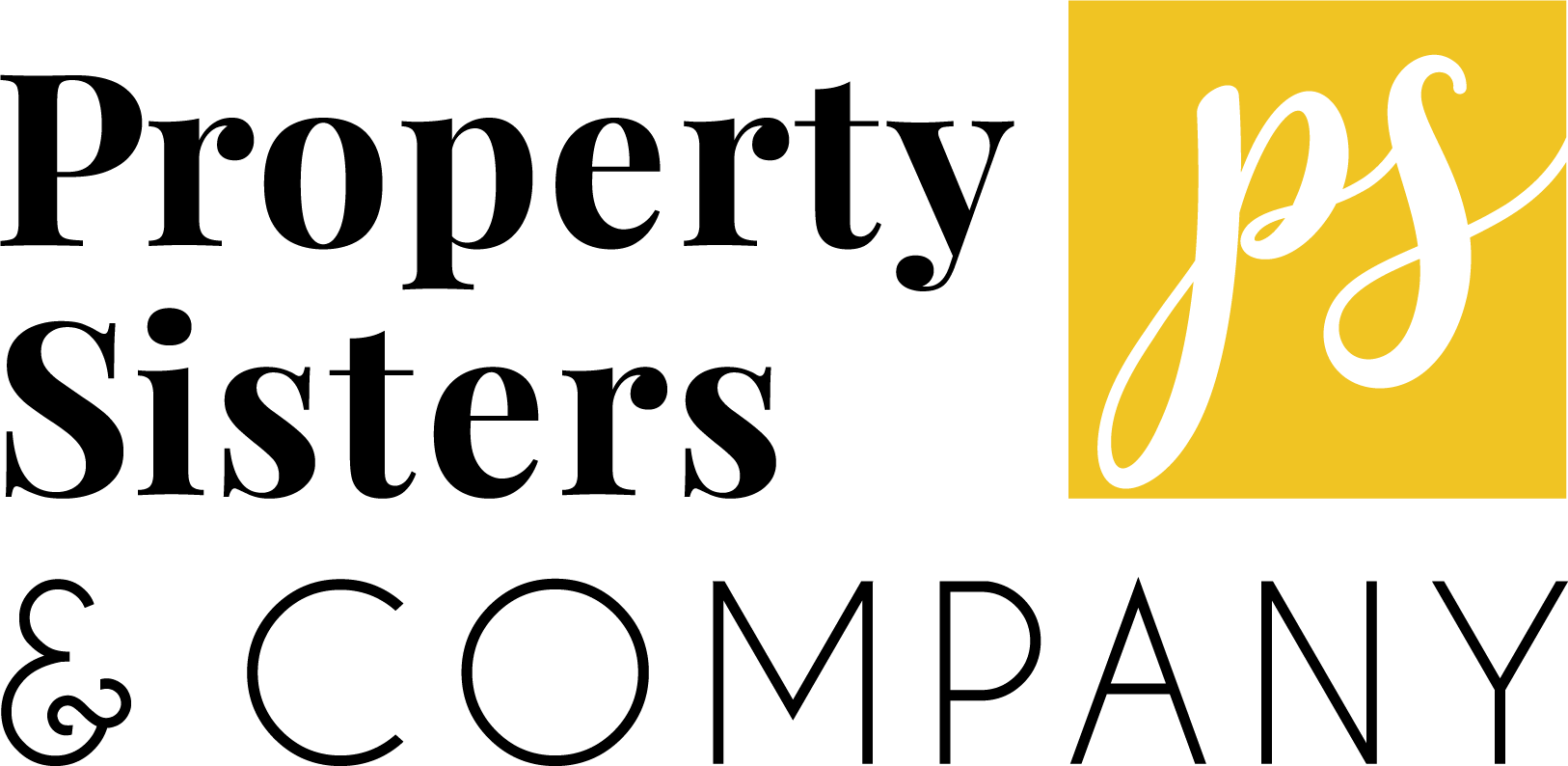Why Real Estate Is (and Isn't) a Good Investment: A Balanced Alberta Guide
Introduction: The Real Estate Investment Question
Is Alberta real estate a good investment? The answer isn't a simple yes or no. Like any investment decision, Alberta real estate has genuine advantages and legitimate drawbacks. Understanding both sides of this equation helps you make an informed decision that aligns with your financial goals, risk tolerance, and investment timeline.
This balanced guide examines the compelling reasons to invest in Alberta real estate alongside the challenges and risks you should consider before committing your capital.
Why Real Estate IS a Good Investment in Alberta
1. Economic Fundamentals Are Strong
Alberta possesses the highest GDP per capita of all Canadian provinces, standing at approximately $72,292— significantly higher than Ontario ($51,050), British Columbia ($50,670), and Quebec ($45,700).
The Alberta economy is expected to lead the country in GDP growth in 2025, with major projects in development including a $70 billion AI data center, new logistics distribution centers, and continued investment in the energy sector. This economic strength creates jobs, attracts talent, and drives housing demand.
2. Population Growth Drives Demand
Alberta added 204,209 new residents in 2024 alone—equivalent to adding two new cities the size of Red Deer to the province. This dramatic population influx creates sustained housing demand that supports real estate appreciation and rental property value.
By 2030, Alberta is projected to need an additional 130,000 housing units to restore affordability. With an expected shortfall of 16,000 housing units per year, supply constraints should support continued price appreciation for existing properties.
3. Affordability Compared to Other Canadian Markets
Alberta real estate remains remarkably affordable compared to other major Canadian centers. The average home price in Alberta hovers around $500,000, while comparable properties in British Columbia average $915,841— making Alberta approximately 50% less expensive.
This affordability gap creates opportunity for investors seeking entry points and for owner-occupants seeking value, supporting sustained market health.
4. Tax Advantages Are Exceptional
Alberta offers unprecedented tax advantages for real estate investors:
- No provincial sales tax: Unlike other provinces, Alberta doesn't impose provincial sales tax, enhancing purchasing power
- No property transfer tax: Unlike British Columbia, Ontario, and other provinces, Alberta imposes no tax on property purchases
- No foreign buyer tax: International investors face no additional barriers
- No empty homes tax: Vacant properties aren't penalized
- Lowest property taxes in Canada: Alberta's competitive property tax rates enhance affordability
- No rent control: Landlords can adjust rents with market conditions
These tax benefits significantly improve investment returns compared to other Canadian provinces.
5. Strong Rental Market Dynamics
Calgary's rental market demonstrates exceptional conditions for investors. With a vacancy rate of just 1.4% in Calgary and Alberta averaging approximately 2.4% nationally, rental demand far exceeds supply.
Strong job creation attracts young professionals and students who prefer renting, particularly in cities like Edmonton with institutions like the University of Alberta. This demographic drives consistent rental demand and supports strong rental yield potential.
6. Flexibility for Income Generation
Alberta's liberal approach to short-term rental regulations allows property owners to capitalize on investments through Airbnb, VRBO, and similar platforms without heavy restrictions seen in other provinces.
This flexibility enables mixed investment strategies—long-term rentals during winter months and short-term vacation rentals during peak seasons—maximizing annual returns for investors in desirable markets like Canmore, Banff, and mountain communities.
7. Proven Appreciation Track Record
Calgary's average price for all housing types increased 11.9% year-over-year, with detached homes appreciating 4.9% and condominiums rising 17.18%. Even conservative appreciation rates on leveraged investments generate substantial returns.
Alberta is projected to need an additional 130,000 housing units by 2030, creating structural support for continued appreciation as supply struggles to keep pace with demand.
Why Real Estate ISN'T Always a Good Investment in Alberta
1. Market Volatility & Economic Cycles
Alberta's real estate market remains tied to commodity prices and broader economic conditions. While the economy is currently strong, historical volatility reflects resource sector dependence.
Oil price fluctuations directly impact Alberta employment, consumer confidence, and housing demand. Economic downturns have periodically destabilized markets, and this risk persists despite economic diversification efforts.
2. High Capital Requirements & Illiquidity
Real estate investments require substantial upfront capital. While 20% down payments are standard for investment properties, this typically means $100,000-$200,000+ in cash plus closing costs of 1.5-4%.
Once invested, converting to cash takes weeks to months and involves 5-6% transaction costs. Unlike stocks, you cannot access capital quickly in emergencies without significant cost penalties.
3. Active Management Demands
Real estate ownership requires ongoing management responsibilities:
- Tenant screening and relations
- Maintenance and repairs
- Property management fees (typically 8-12% of rent if outsourced)
- Insurance and legal compliance
- Tax preparation and bookkeeping
- Vacancy periods without rental income
These demands translate to either significant personal time investment or substantial fees reducing net returns.
4. Interest Rate Sensitivity
Rising interest rates reduce buyer purchasing power and cool market activity. When mortgage rates climb, buyer demand softens, potentially slowing appreciation or creating downward pressure on prices.
Conversely, if you're financing a purchase with a variable-rate mortgage, rising rates increase your carrying costs, reducing cash flow returns.
5. Regulatory Changes & Uncertainty
Government policies affecting real estate shift frequently. Rent control legislation, foreign buyer restrictions, or tax changes can dramatically alter investment economics.
For short-term rental investors, municipal zoning restrictions and Airbnb regulations can eliminate revenue streams or require expensive property modifications.
6. Concentration Risk
Real estate represents an illiquid, concentrated investment. Unlike stocks where you can hold 100+ companies, real estate investors typically own few properties, creating concentration risk.
If one property experiences major damage, significant vacancy, or tenant issues, it substantially impacts overall portfolio performance.
7. Condominium Market Challenges
While detached homes perform well, Alberta's condominium market faces headwinds. Oversupply, investor competition, and changing buyer preferences toward ground-oriented homes have created challenging condoselling conditions.
Condo investors must accept slower appreciation, longer selling timelines, and potentially negative cash flow if appreciation doesn't justify expenses.
Regional Variations: Not All Alberta Markets Are Equal
Alberta's size and diversity mean investment success varies dramatically by location.
Strong Investment Markets
Calgary & Edmonton: Alberta's major cities lead growth with strong employment, population attraction, and balanced inventory. Calgary's 11.9% year-over-year appreciation demonstrates ongoing strength.
Secondary Cities: Grande Prairie and Lethbridge offer stronger appreciation potential (6%+ projected) with lower entry prices and emerging job markets from population spillover.
Mountain Communities: Canmore, Banff area, and mountain communities experience tourism-driven demand supporting vacation rental strategies, though entry prices and regulatory restrictions create unique challenges.
Weaker Markets
Some smaller Alberta markets face demographic challenges, limited employment diversity, or declining populations that don't support robust real estate appreciation. Thorough local market research is essential before investing.
Investment Strategy Considerations
When Alberta Real Estate Makes Sense
Consider Alberta real estate investment if:
- You have capital for 20% down payment plus closing costs
- Your timeline is 10+ years, allowing time for appreciation
- You're comfortable with active management or can afford property management services
- You prioritize stable, tangible assets over stock market volatility
- You can tolerate illiquidity and potential concentration risk
- You want to leverage borrowed capital to magnify returns
When Alberta Real Estate Doesn't Make Sense
Avoid Alberta real estate investment if
- Your timeline is short (under 5 years)
- You need liquid, accessible capital
- You lack capital for significant down payments
- You're uncomfortable with active property management
- You want to diversify across many assets easily
- You prefer passive, hands-off investing with minimal effort
The Balanced Perspective: Hybrid Strategies
Rather than choosing exclusively between real estate and alternative investments, many successful Alberta investors use hybrid approaches:
- Primary residence: Provides leverage and tax benefits while providing shelter
- Rental property: Generates income and appreciation for experienced investors
- REITs: Offers real estate exposure without direct management
- Stocks & ETFs: Provides liquidity and passive returns
- Emergency fund: Maintains flexibility for unexpected opportunities
This balanced approach captures real estate's advantages while maintaining liquidity and portfolio diversification.
The Bottom Line: Context Matters
Real estate is a good investment in Alberta if it aligns with your circumstances:
For investors with capital, 10+ year timelines, and willingness to manage properties: Alberta real estate offers compelling advantages—strong economic fundamentals, exceptional tax benefits, solid population growth, and proven appreciation.
For investors seeking liquidity, passive investing, or shorter timelines: Alternative investments like stocks may better suit your needs.
For most investors: A balanced approach incorporating both real estate and other investments captures the benefits of both while mitigating risks inherent to each.
Alberta's real estate market isn't universally good or bad—it's a potentially valuable piece of a diversified investment portfolio when pursued strategically. The key is matching the investment to your goals, timeline, and circumstances rather than pursuing real estate as the default wealth-building tool.
Before investing, conduct thorough market research specific to your target community, consult with local professionals, and ensure the investment aligns with your overall financial strategy. Real estate can build substantial wealth in Alberta—but only when pursued thoughtfully and strategically.
Selling Your Home?
Get your home's value - our custom reports include accurate and up to date information.




